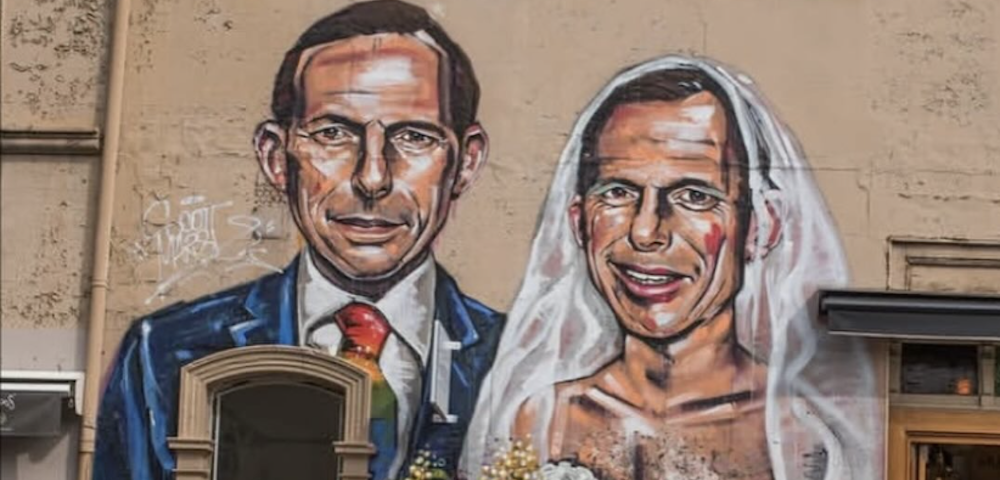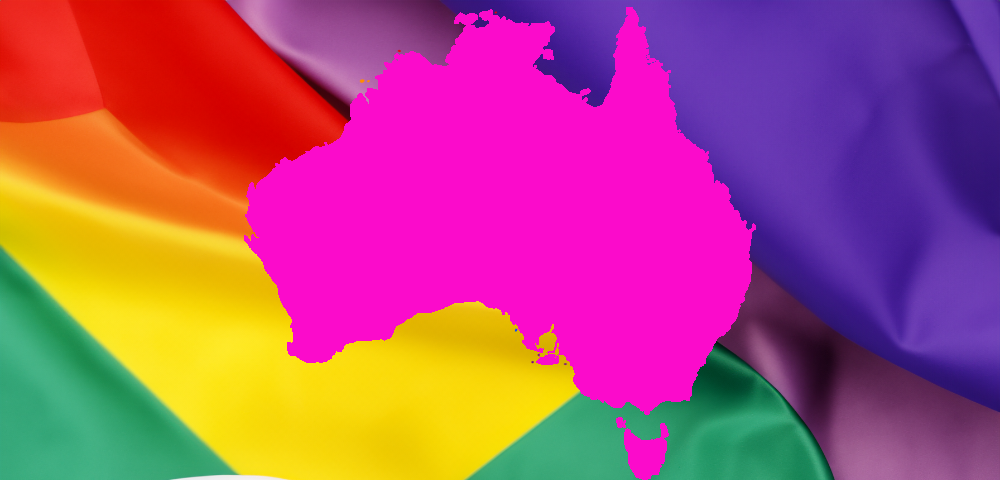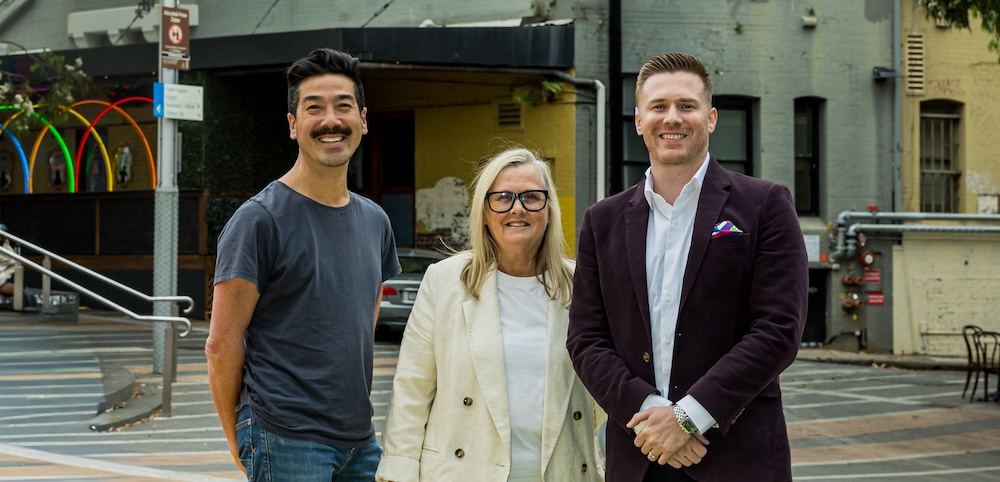
Mardi Gras directors remain defiant
Mardi Gras’ directors have delivered a frank rebuke to administrators Sims Lockwood, refuting claims that the board was guilty of insolvent trading since mid-March.
The director’s spirited defence of their position comes as Mardi Gras moves closer to the possibility of liquidation.
If the company is wound up, directors may face the risk of personal liability for $340,000 in debts accrued during the period that administrator Scott Pascoe believes the organisation was trading while insolvent.
However, in an email sent to administrator Scott Pascoe yesterday on behalf of Mardi Gras’ directors, Jennifer Wilson strongly disputed the administrator’s opinion.
We do not accept either that we have at any point -˜traded while insolvent’, nor do we accept your allegation that this may have begun as early as mid-March, Wilson wrote. While it may be standard practice for you to imply this in your report, we continue to expect that the role of an administrator is to make determinations based wholly and fully on all of the relevant facts and circumstances, and not to issue so-called -˜standard’ practice statements which are not fully determined or fully considered and which do not take into account all the facts.
The Sims Lockwood report released to Mardi Gras creditors last Friday outlined Pascoe’s opinion that Mardi Gras had been trading while insolvent since March -“ a time when Mardi Gras’ directors became aware that a projected $200,000 debt had blown out to over $500,000.
Pascoe said that at this point Mardi Gras would have known it had failed to achieve its forecasted revenue targets.
It is my opinion that a liquidator would have reasonable prospects in establishing that the company was insolvent from approximately mid-March, Pascoe reported. He went on to estimate that approximately $340,000 in liabilities had been accrued since that date and remain unpaid at the day of my appointment, which could be claimed [by legal action of the liquidators].
In reply Wilson asserts that the organisation had continued trading until last month because they had received repeated advice from their auditors, PKF Chartered Accountants, that the organisation was not insolvent.
You will have seen from the minutes of Mardi Gras over this period, the board reconsidered our ability to trade as a going concern and our ability to pay our debts as and when they fell due at each and every board meeting. The minutes reflect the attendance of auditors at several meetings and we also retain detailed file notes of meetings between board members and the auditors beyond their attendance at board meetings, Wilson wrote.
Arguing that insolvent trading is determined by a company’s ability to pay debts when they fall due, Wilson pointed out that the board restructured debts by entering into payment plans so that the company could manage debt payments. Wilson argued that Mardi Gras had based their payment plans on a secured bank overdraft and loans the board believed they had secured. This included the $400,000 loan that was retracted just before Mardi Gras went into voluntary administration.
In a further statement issued to the Star, Mardi Gras directors pointed to the fact that PKF had already signed off on the organisation’s financial report in preparation for the AGM.
We have the opinion of our auditors that we have not been trading insolvent and to further confirm this the auditors have already signed off on Mardi Gras’ accounts, the board statement said.
However, although the PKF audit opinion was unqualified, it did draw attention to the financial instability of the company.
The PKF audit report that was to have accompanied the Mardi Gras 2002 Annual Report, dated 23 July includes a note headed Inherent Uncertainty Regarding Going Concern.
The PKF note outlines significant uncertainty as to whether Mardi Gras would be able to meet cashflow forecasts.
Noting that the company was currently dependent on a $400,000 loan and a bank overdraft of $200,000, PKF noted that the eventual repayment of these borrowings is dependant on the company’s ability to return to ongoing surpluses.
Uncertainty therefore exists as to the ability of the company to continue as a going concern and realise its assets and extinguish its liabilities in the normal course of business and at the amounts stated in the financial report, the auditors concluded.
The board’s statement reiterated that they as much as possible did not enter into new debts since mid-March.
The Mardi Gras board claims that many of the debts listed by the administrators are debts contracted prior to the party, and are not new debts entered into after mid-March. They include, for example, DJs who played at the party.









